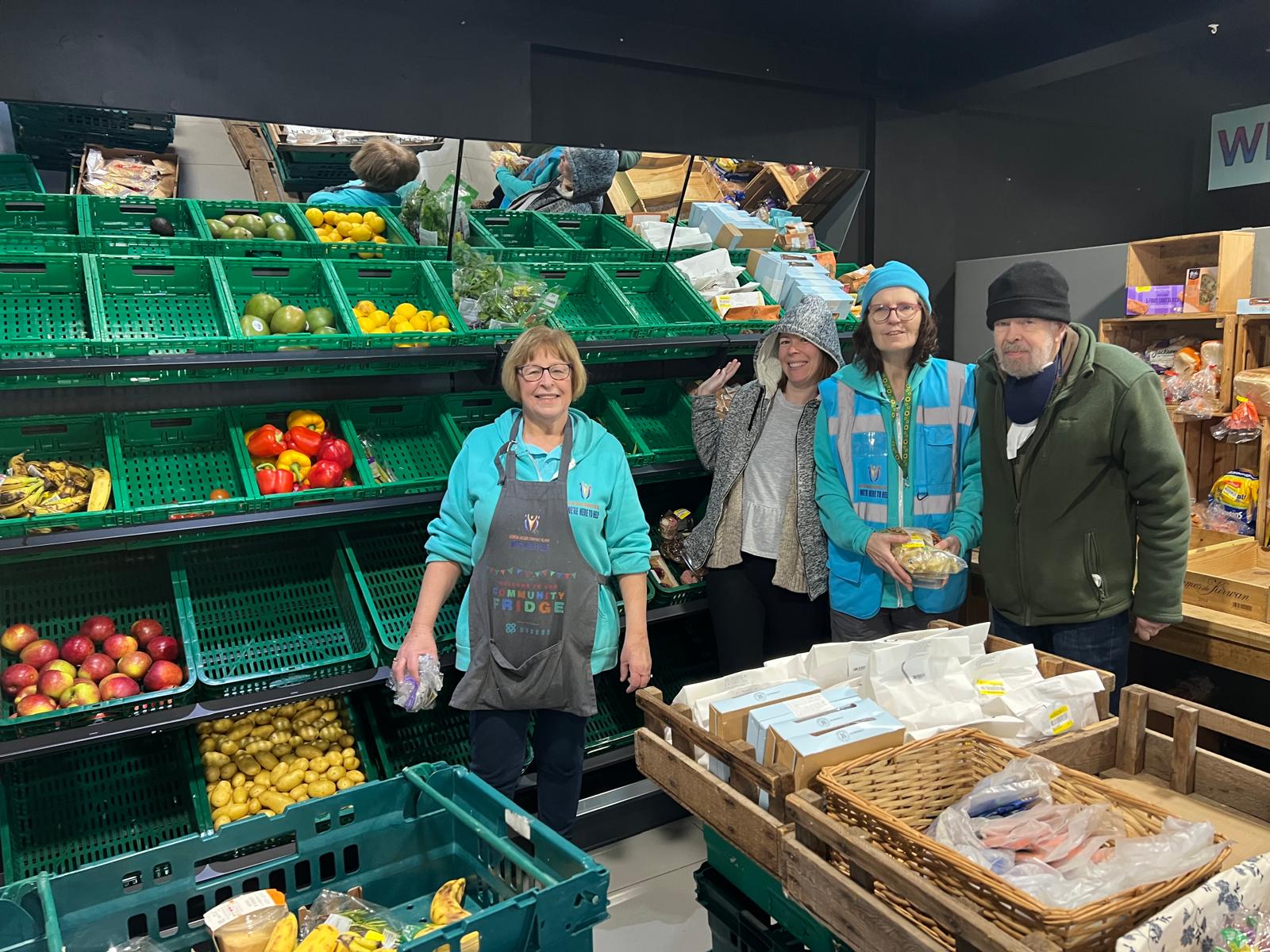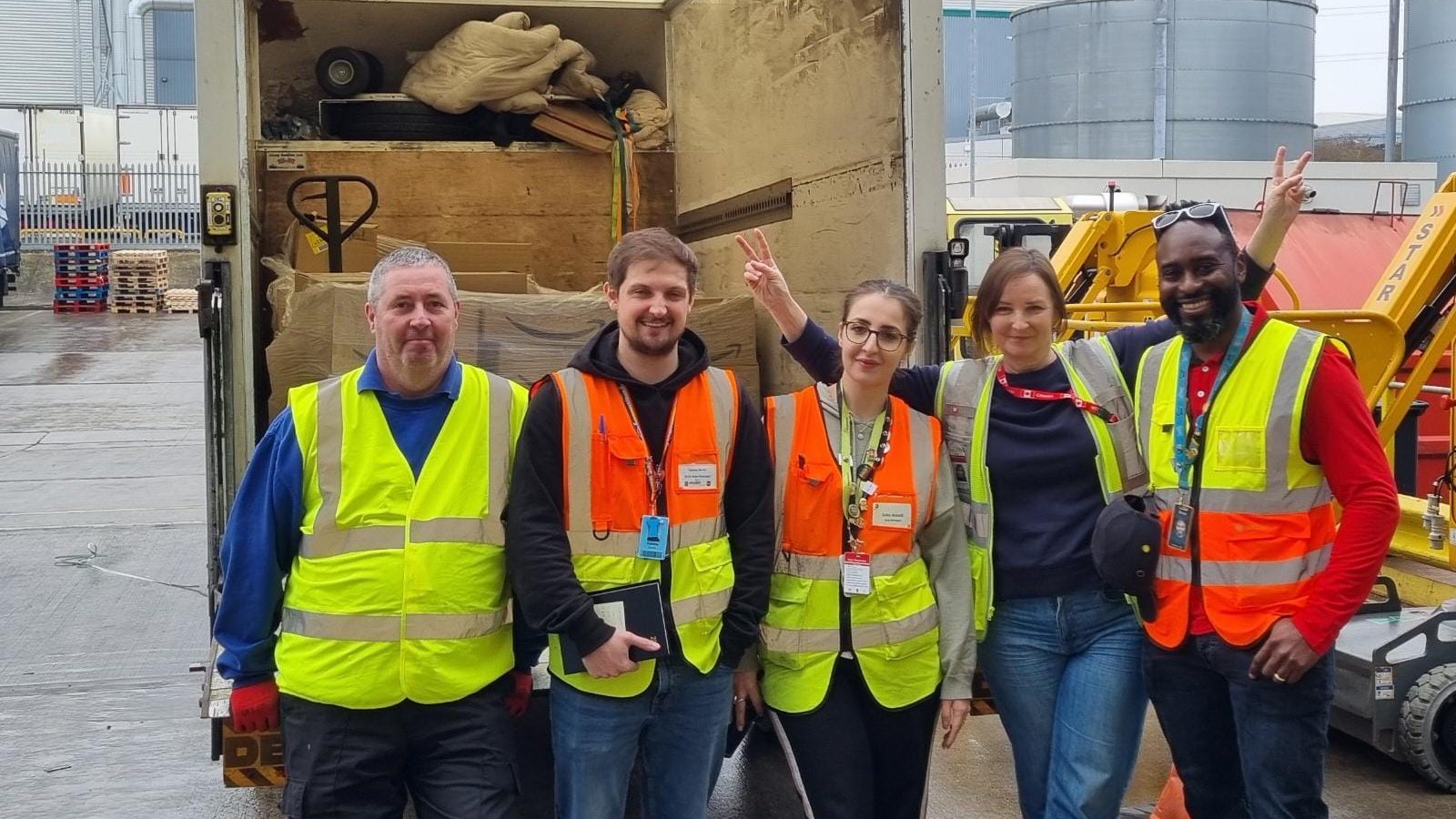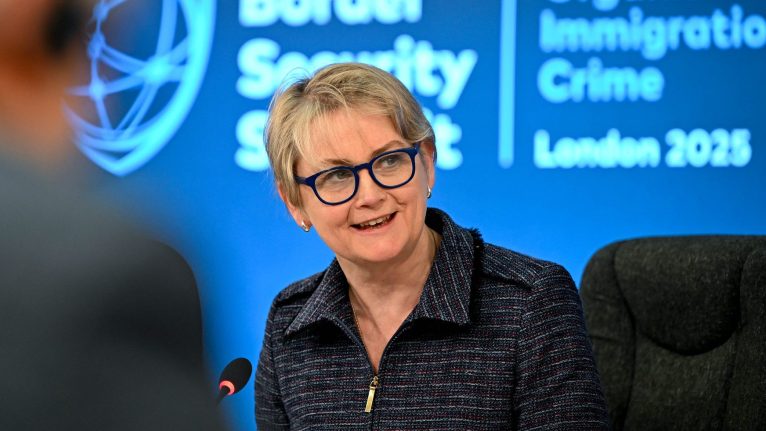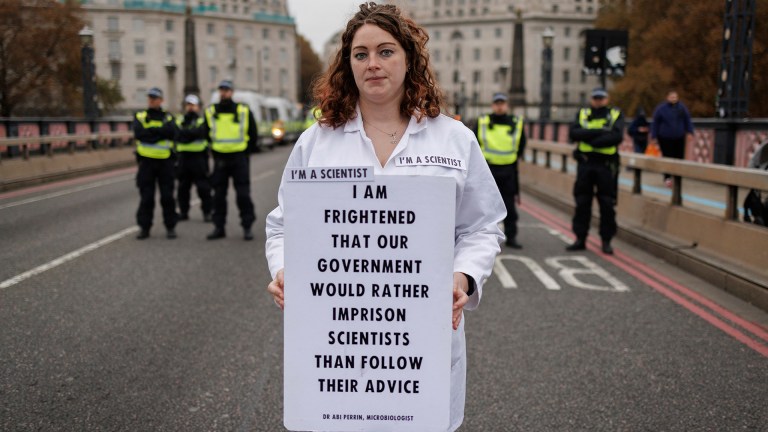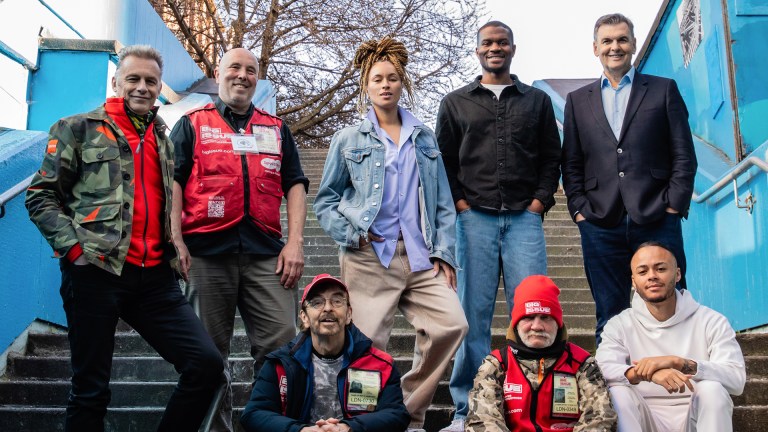Five years on from the UK’s tilt into lockdown, what has become of the legions of unknowing anarchists? Did we live up to the promise of a lasting change in the way we help each other, with tighter, kinder communities?
“In events like this, people see strangers as more similar to them,” said John Drury, a professor of social psychology at the University of Sussex who studies collective behaviour. “In other kinds of emergencies, we talk about it as a common fate”. People got together, he said, in ways similar to how communities unite after natural disasters or floods. “In the early days you couldn’t really buy your way out of it,” he said, a universal threat affecting even the wealthy.
“The value of the groups was that they were of the community. They weren’t seen as some externalised body,” Drury said. “Some of the communities they were serving didn’t have good relationships with the authorities.” Groups were able to mobilise faster than the government, keeping people alive in many cases.
He added: “These were not seasoned charity workers. These were people with no experience, with no formal organisation behind them, made up groups. Not professional in any way.”
But, given the strength of the origins, perhaps a drop-off was inevitable. “People start forming groups characterised by solidarity, mutual aid, more egalitarian. They think society can be like this. People we spoke to said they found it quite inspiring,” Drury said. “But it is a pattern that these groups tend to disappear. The immediate crisis seemed to be declining, everything was wound down.”
Estimates suggest about 4,000 mutual aid groups were set up during the pandemic. You’re probably still in WhatsApp groups for about half of those. Research from 2022 found around 40% of those kept going – or viewed another way, a 60% drop-off. No similar count exists for the five-year anniversary. Those who remained have morphed to support their communities through the cost of living crisis, often becoming food banks or community fridges – though in some cases cast their eyes wider, with transformations including a flood defence group in Hastings.
Advertising helps fund Big Issue’s mission to end poverty
Oxford Mutual Aid, which supports over 1,000 individuals with food parcels each month, said it was experiencing a new peak in demand it hadn’t seen in over two years, largely due to benefits cuts. “If these numbers continue to increase, we fear we will not have the capacity to support the growing number of those facing hunger and deprivation across Oxford,” the group said. “We are at our limit, and have already been forced to turn away those asking for help due to a total lack of capacity.”
Set up as lockdown loomed, the Colney Health Support Group took in volunteers from the church, local WI, village hall, and the pub. Now under the umbrella of a registered charity, its activities now include the “Old Friends Club”, which supports older neighbours with social activities. “For some this is the only contact they have outside their home,” said John Clemow, the group’s secretary.
Byker Mutual Aid, in Newcastle, began as an emergency response to the pandemic. But the need has only grown, and the group has kept going, explains member Silvie Fisch. “It’s getting worse, definitely not better,” says Fisch. They now support 50 households a week with food handouts. “People know we’re neighbours, we’re not danger. We’re not asking any questions,” Fisch adds. It is a vision, in fact, not of a group doing things to and for people, but of neighbours helping each other. This stands in opposition to other groups, including religious organisations, who might see opportunity in Byker, Fisch said: “Poverty’s a big business.”
For Byker Mutual Aid, the question of whether to become a charity comes up often. But it’s a big step for the group of volunteers who have little experience of running things, and would represent something more formal. For Leighton-Linslade Helpers, the decision to become a charity opened doors, allowing them to bid for more funding and expand. “It put us on the map locally as a serious organisation, rather than just a bunch of people playing at helping out,” says Lockett.
This was a key tension for mutual aid groups looking to keep going, said Esther Foreman, CEO of the Social Change Agency. “The thing about mutuality is it’s not based on volunteerism. It’s mutual, so it’s people helping each other to do something. The hastiness that happened over lockdown meant it might have slipped much more into a charitable model,” Foreman said. “We see a lot of organisations that become those charities and get full of hierarchy then it sort of dissipates. What they started with was a lot of energy and mutualism, which is great, and then they get forced into becoming incorporated and they get obsessed with who’s going to be the chair and doing tax returns.”
The Social Change Agency runs a fund for mutual aid groups and also acts as a fiscal host for groups including Byker Mutual Aid. This involves transparent bookkeeping, or basically allowing people to see where the money is going. The organisation has 21 mutual aid groups on its books which are still active.
Advertising helps fund Big Issue’s mission to end poverty
“What is interesting about the impact of the pandemic is that it reset the relationship between citizens and the state,” Foreman said. “What I definitely saw was the idea that people weren’t gonna wait for the government or local authorities, they just did it. That expectation has been set now.”
Foreman added: “I think it’s done something to us as a nation, to our psyche. We’ve done it before, we’ll do it again.”
Do you have a story to tell or opinions to share about this? Get in touch and tell us more. Big Issue exists to give homeless and marginalised people the opportunity to earn an income. To support our work buy a copy of the magazine or get the app from the App Store or Google Play.
